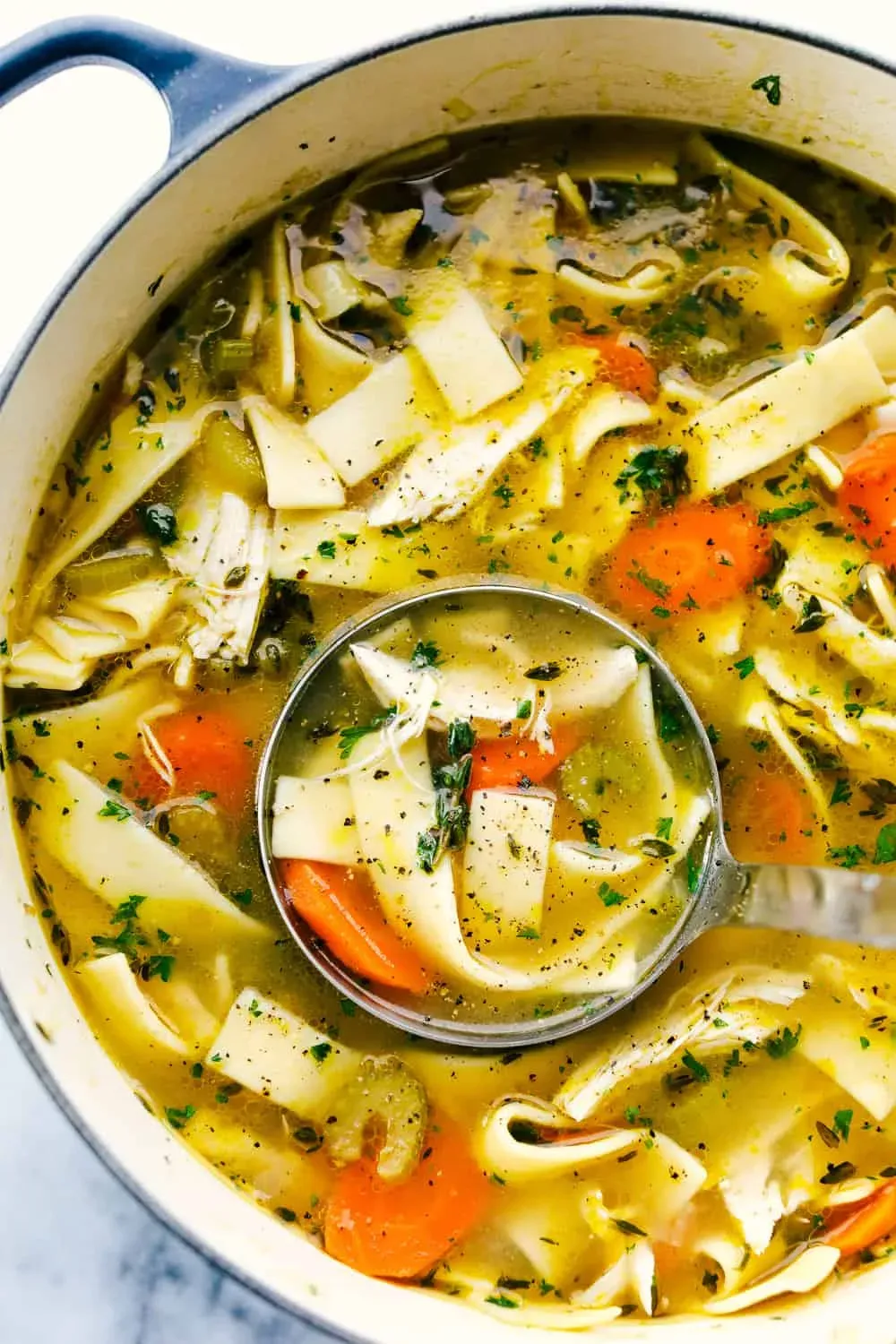Table of Contents
There's something undeniably comforting about a warm bowl of chicken noodle soup. It's the classic remedy for a chilly day, a stuffy nose, or just a case of the blues. But let's be honest, some bowls hit different. They have a depth of flavor that makes you close your eyes and just savor it. What's the secret? It's not just about the chicken or the noodles; it's largely about mastering the chicken noodle soup recipe seasoning.
Building the Foundation: Simple Steps to a Great Chicken Noodle Soup
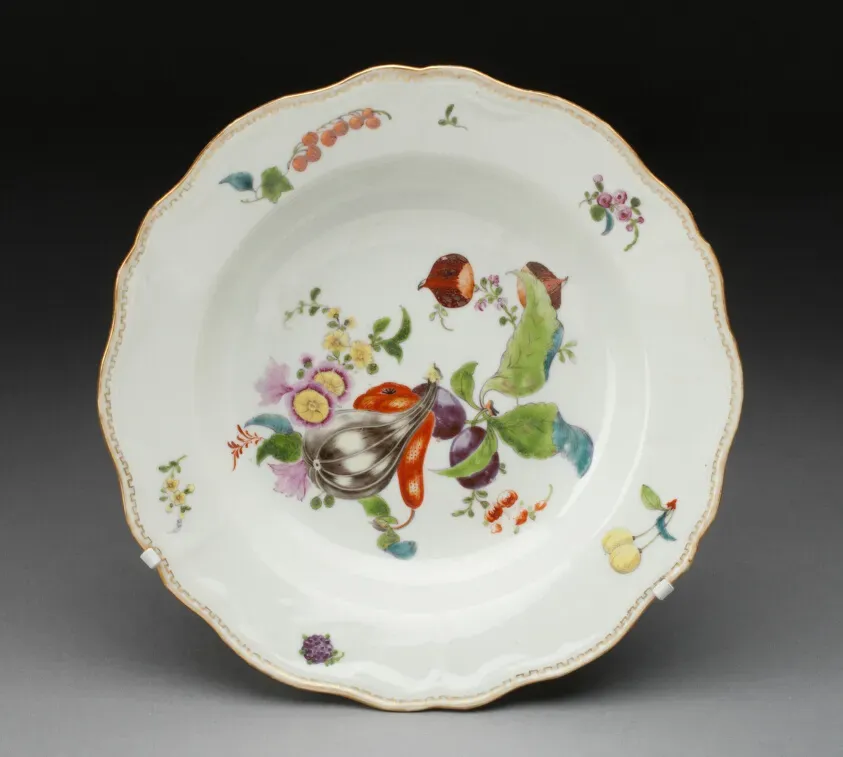
Building the Foundation: Simple Steps to a Great Chicken Noodle Soup
The Broth is Boss
Forget everything you think you know about chicken noodle soup if you're starting with watery, bland store-bought broth. The foundation of truly great soup is the liquid itself. Think of it like building a house; you wouldn't start with a shaky base, right? A rich, flavorful chicken stock is non-negotiable. You can make your own from scratch using chicken bones (roast a chicken, keep the carcass, boil it up with some veggies and herbs – it's not rocket science, just time). Or, yes, you can use store-bought, but for the love of flavor, find one that actually tastes like chicken and not salty water. This initial step sets the stage for how well your chicken noodle soup recipe seasoning will ultimately shine.
Starting with a robust stock gives your soup an immediate head start. It provides that deep, savory background note that cheap broth just can't replicate. When you layer in your chicken noodle soup recipe seasoning later, it enhances the flavors already present, instead of trying to create them from nothing. It's the difference between shouting into a void and adding your voice to a choir.
Getting Started: The Aromatics
Before the broth even gets warm, you need to build flavor right in the pot. This usually starts with the classic trio: onion, carrots, and celery. Chop them up relatively uniformly so they cook evenly. Heat a little oil or butter in your pot and toss them in. Let them soften and release their aromatic goodness. Don't rush this part. You're not trying to brown them, just coax out their sweetness and fragrance. This simple step adds a layer of complexity that a lot of recipes skip, and it's a mistake.
Sautéing these vegetables, often called mirepoix, creates the initial flavor base that the broth will absorb. It's a fundamental technique in soup making for a reason. They provide a subtle sweetness and savory depth that complements the chicken and sets up the perfect stage for your chicken noodle soup recipe seasoning to work its magic.
- Start with quality stock, homemade is best.
- Sauté your vegetables (onion, carrots, celery) gently.
- Use a pot large enough to comfortably hold all ingredients.
- Don't skip the early steps; they build essential flavor.
The Flavor Core: Essential Chicken Noodle Soup Recipe Seasoning
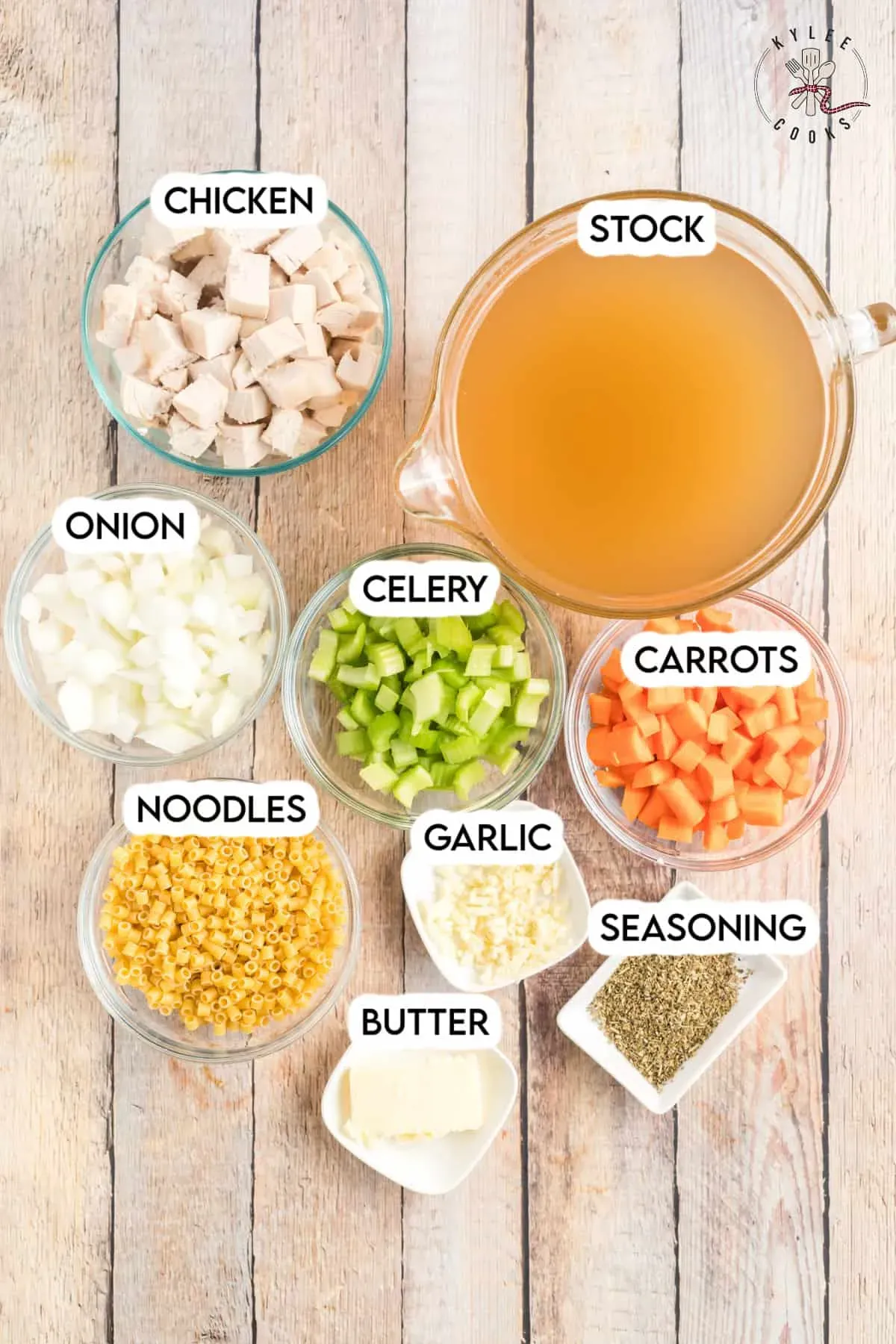
The Flavor Core: Essential Chicken Noodle Soup Recipe Seasoning
The Herbal Power Players
you've got that beautiful, simmering broth and your aromatics are doing their thing. Now, it's time to talk serious flavor. When it comes to classic chicken noodle soup recipe seasoning, a few key herbs carry the bulk of the load. Think of them as the backbone. Thyme, rosemary, and sage are your absolute must-haves. They provide that earthy, savory, slightly peppery depth that screams comfort food. A bay leaf or two is also non-negotiable; it adds a subtle layer of bitterness and complexity that rounds everything out. Don't just toss them in and forget them; these herbs need time to steep and release their oils into the hot liquid. Add them early in the simmering process to really infuse the broth.
Salt, Pepper, and the Savory Boosters
Beyond the herbs, the fundamental chicken noodle soup recipe seasoning comes down to salt and pepper. Seems simple, right? But getting it right is crucial. You need enough salt to make all the other flavors pop, but not so much that it tastes like seawater. Start conservatively and taste as you go. Black pepper adds a necessary bite. Consider adding a pinch of garlic powder or onion powder even if you used fresh aromatics; they provide a concentrated punch. Some folks swear by a dash of poultry seasoning, which is often a blend of the herbs we already mentioned, plus maybe some marjoram or nutmeg. It's about building layers of flavor, not just dumping things in.
Essential Chicken Noodle Soup Seasonings
- Dried Thyme
- Dried Rosemary
- Dried Sage
- Bay Leaves
- Salt (Kosher or Sea Salt preferred)
- Freshly Ground Black Pepper
- Garlic Powder (Optional, but recommended)
- Onion Powder (Optional)
Beyond Basic: Getting Creative with Chicken Noodle Soup Seasoning
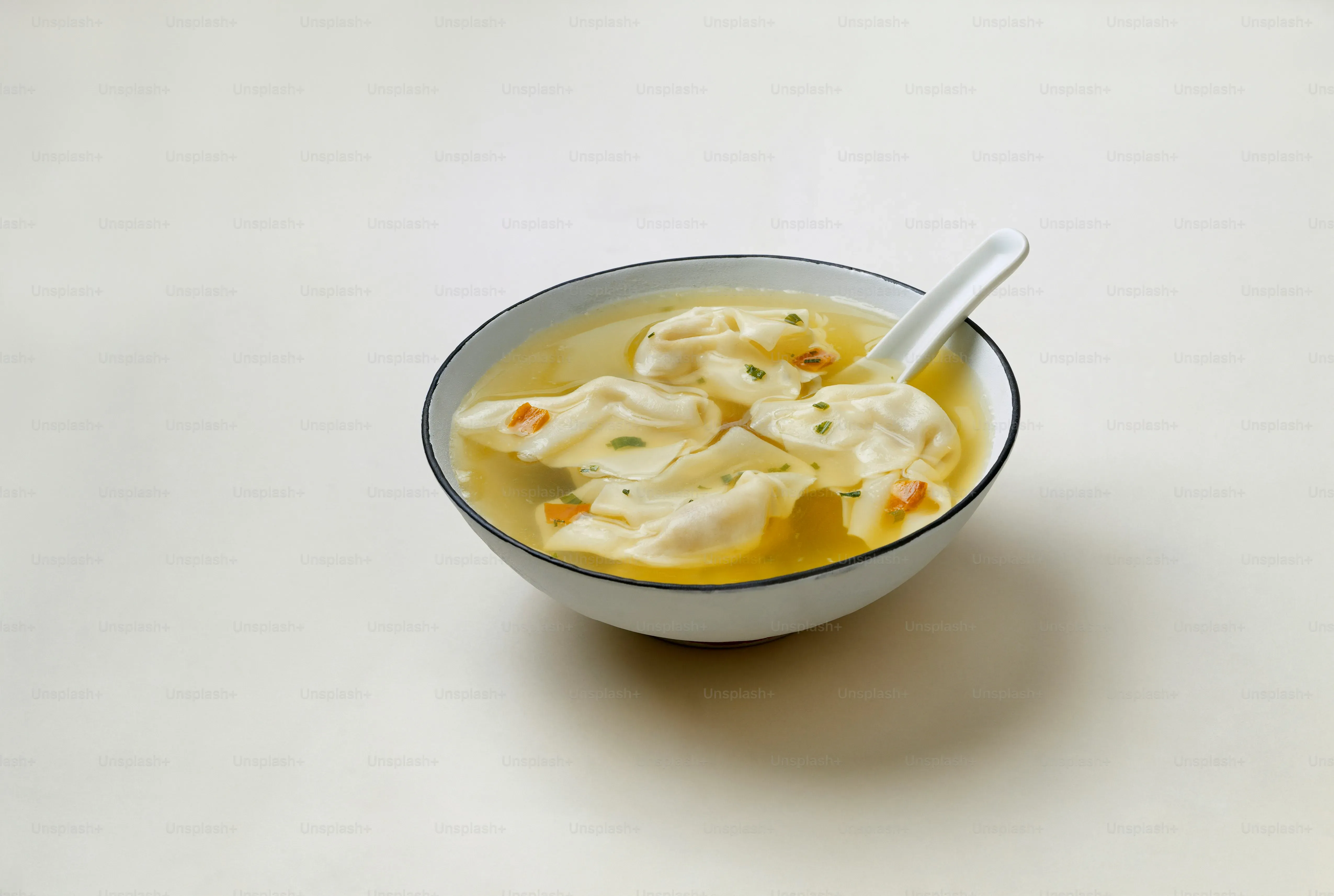
Beyond Basic: Getting Creative with Chicken Noodle Soup Seasoning
Adding a Little Kick
Look, the classic herbs are great, they're the foundation. But sometimes, you want a little something extra, right? Maybe a hint of warmth or a brighter note. Think about adding a pinch of red pepper flakes early on to infuse a subtle heat that doesn't overwhelm. Or, for a different kind of brightness, a squeeze of fresh lemon juice or a splash of apple cider vinegar right at the end can cut through the richness and lift all the other flavors. It sounds weird, maybe, but trust me, a little acid can make a world of difference in your chicken noodle soup recipe seasoning game.
Exploring Global Flavors
Who says chicken noodle soup has to stay in its traditional lane? This is where your chicken noodle soup recipe seasoning can really go off-road in a good way. Consider adding a small piece of ginger or a clove of star anise to the broth as it simmers for an Asian-inspired twist. A dash of turmeric not only adds a beautiful golden color but also brings earthy, slightly bitter notes and potential health benefits, if you're into that sort of thing. Ground coriander offers a citrusy, warm flavor that pairs surprisingly well with chicken. Don't be afraid to experiment beyond the usual suspects.
- Try adding a pinch of smoked paprika for depth.
- A small amount of finely minced fresh ginger can add warmth.
- Consider a splash of fish sauce for an umami boost (seriously, try it).
- Finish with fresh dill or chives for a fresh, herbaceous note.
The Unexpected Enhancers
Sometimes the best chicken noodle soup recipe seasoning isn't just a single spice, but a combination or something you wouldn't expect. A parmesan rind tossed into the simmering broth adds incredible depth and savory flavor. A teaspoon of white miso paste dissolved in a little hot broth before stirring it in at the end can add a complex, umami-rich layer. Even a tiny pinch of nutmeg, often associated with sweet dishes, can add a subtle warmth and complexity to savory applications like soup. These small additions can elevate your chicken noodle soup recipe seasoning from good to unforgettable.
Soup Savvy: Making and Storing Your Flavorful Creation
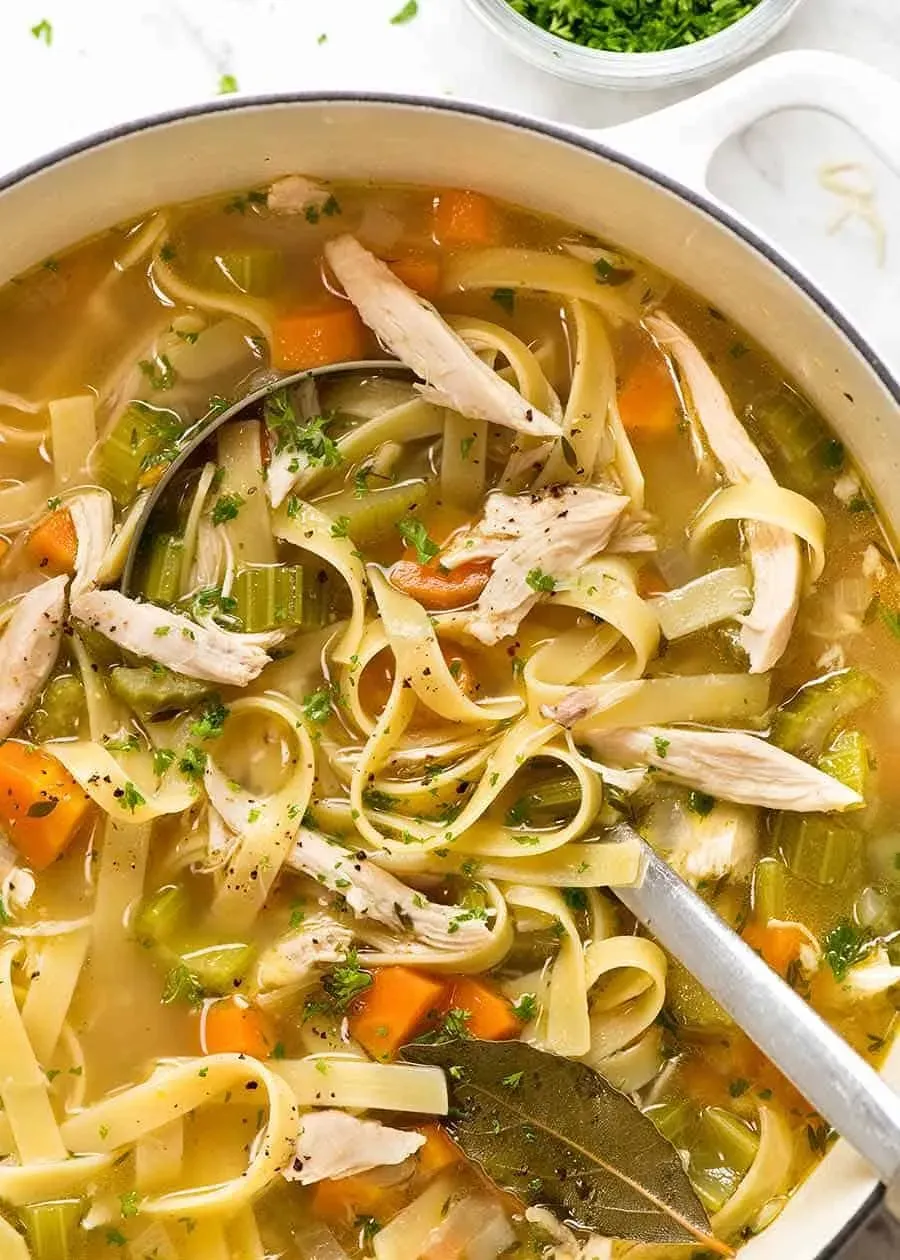
Soup Savvy: Making and Storing Your Flavorful Creation
Timing is Everything (Especially for Noodles)
You've got that broth simmering, the aromatics softened, the perfect blend of chicken noodle soup recipe seasoning doing its thing, and maybe you've even added some optional flavor boosters. Now comes a crucial step: adding the noodles and the chicken. Don't just dump everything in at once and walk away. Overcooked noodles turn to mush, and nobody wants that. Add your cooked chicken (shredded or diced from that rotisserie chicken or whatever you used) in the last 10-15 minutes just to heat it through. The noodles? They go in based on their cooking time. Fresh egg noodles cook fast, sometimes just 5-7 minutes. Dried pasta will take longer, check the package directions but expect maybe 10-12 minutes. The goal is tender noodles, not a starchy blob. Taste a noodle before you declare it done.
Getting the timing right ensures every component of your soup is at its peak. The chicken stays tender, the vegetables are soft but not mushy, and the noodles have just the right chew. It’s a small detail, but it makes a big difference in the final texture and enjoyment of your soup, letting that careful chicken noodle soup recipe seasoning really shine through each bite.
Storing Your Liquid Gold
Made a big batch? Good thinking. Chicken noodle soup is often even better the next day once the flavors have had more time to meld. Let the soup cool down significantly before storing it. Putting hot soup directly into the fridge can raise the temperature of everything else in there and isn't great for food safety. Once cool, transfer it to airtight containers. It'll keep in the refrigerator for about 4 to 5 days. For longer storage, freezing is your friend.
Freeze soup in portion-sized containers or freezer-safe bags. Squeeze out as much air as possible if using bags to prevent freezer burn. Frozen chicken noodle soup is generally good for 2 to 3 months. When you're ready to eat, thaw it in the fridge overnight or gently reheat on the stovetop, adding a splash more broth or water if needed to get the right consistency back. Sometimes the noodles get a little softer after freezing and thawing, but the flavor, thanks to your excellent chicken noodle soup recipe seasoning, will still be there.
Soup Storage Quick Guide
- Cool completely before storing.
- Use airtight containers or freezer bags.
- Refrigerate for up to 5 days.
- Freeze for up to 3 months.
- Thaw in the fridge or reheat gently.
- Add liquid when reheating if needed.
The Final Spoonful: Making Soup That Matters
So there you have it. Transforming a simple chicken noodle soup into a truly memorable meal isn't magic; it's about paying attention to the details, especially the chicken noodle soup recipe seasoning. Starting with a solid base, understanding the role of each herb and spice, and being willing to experiment can elevate your soup game significantly. It takes a little effort, sure, but the difference between a bland bowl and one that nourishes and delights is vast. Don't settle for soup that just fills you up; aim for soup that makes you feel good, inside and out.
